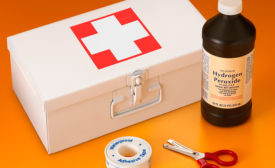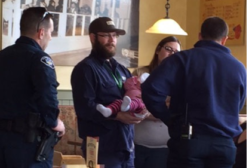Home » Keywords: » CPR training
Items Tagged with 'CPR training'
ARTICLES
Safer workplaces result in safer communities
Expanded Safety Fest 2015 set for September
July 13, 2015
Become a Leader in Safety Culture
Build your knowledge with ISHN, covering key safety, health and industrial hygiene news, products, and trends.
JOIN TODAYCopyright ©2025. All Rights Reserved BNP Media.
Design, CMS, Hosting & Web Development :: ePublishing





